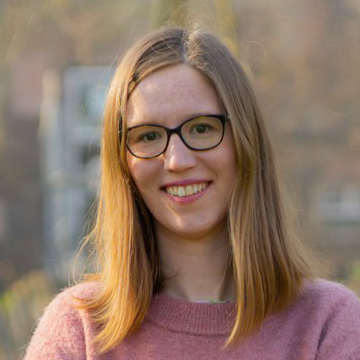 \
&
Contact us
\
&
Contact us
 \
&
Contact us
\
&
Contact us
Life expectancy has increased significantly in the post war period but at the same time we have also seen an increase in chronic diseases and multi-morbidity. This means more treatment and follow-up of patients are needed and and as a result higher costs for the healthcare systems. This EIT wants to improve the monitoring and prevention of diseases so we can have healthier and longer lives at a lower cost for the healthcare service. They have 6 focus areas in which they want to create breakthrough innovative products and services:
The approach is threefold: education, innovation and acceleration of market take-up.
First of all, they want to better train the workforce of tomorrow through the Campus programme. They try to upskill workers so they are up to date with the latest technologies. Secondly, innovators are detected and helped by a team of experts so they can develop their products and services and reach out to a new audience. Their accelerator programme is not just limited to start-ups but can help at every stage of growth whereby its primary aim is to shorten the time-to-market for the product or service.
The EIT publishes regularly calls for proposals for these different programmes. You can find out the opportunities and latest news at the webpage of the innovation community
The Headquarter of EIT health is in Munich but there are in addition seven regional innovation hubs. For Belgium, this is based in Rotterdam. You can contact them by mail bene.office@eithealth.eu
Finally you can contact the NCP for health, sarah.stroobants@fwo.be
Partnerships group the EC and private and/or public partners, to coordinate and streamline the research & innovation initiatives and funding in some selected key domains.

sarah.stroobants@fwo.be
Funded by Horizon Europe, under call topic HORIZON-WIDERA-2021-ERA-01-80, INSPIRE is Europe's Centre of Excellence on inclusive gender equality in research and innovation. It relies on four Knowledge and Support Hubs to create knowledge in the areas of sustaining change, widening participation, intersectionality and innovation. Moreover, it supports stakeholders in their journey to become more inclusive through 12 Communities of Practice. In this way, INSPIRE aims to develop both cutting-edge knowledge and innovative strategies for gender equality in the European Research Area. INSPIRE brings together 14 partners. The Belgian partner in this project is UHasselt.